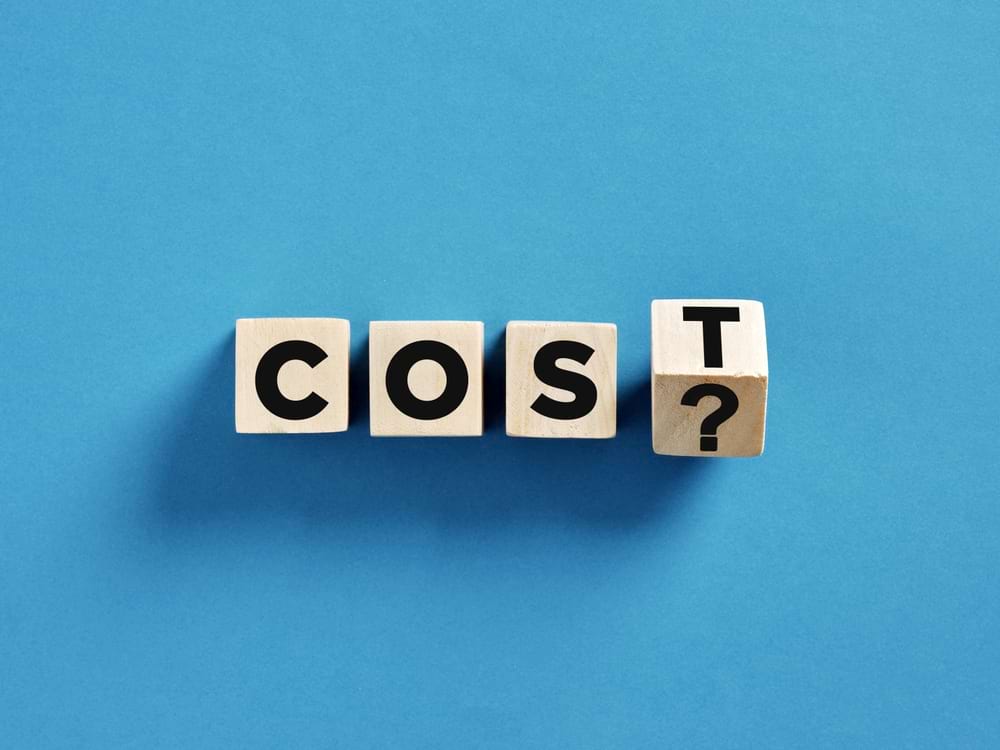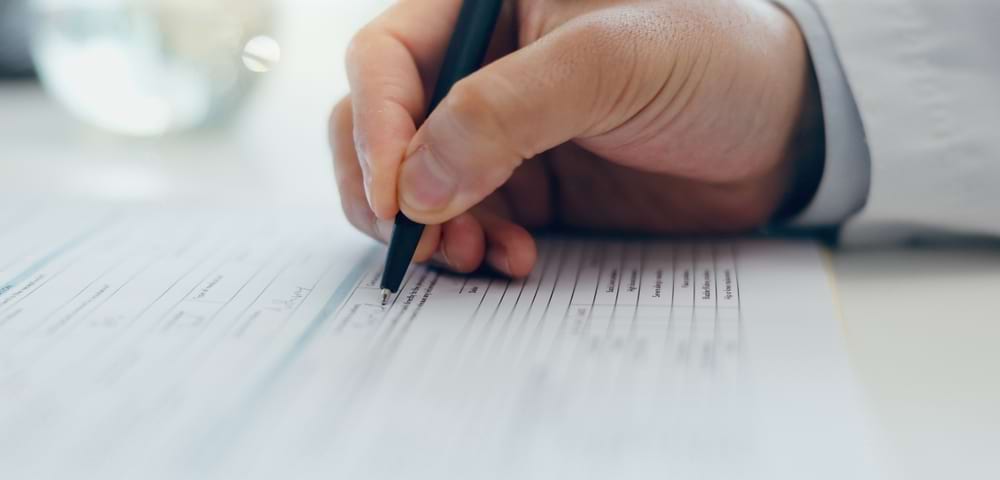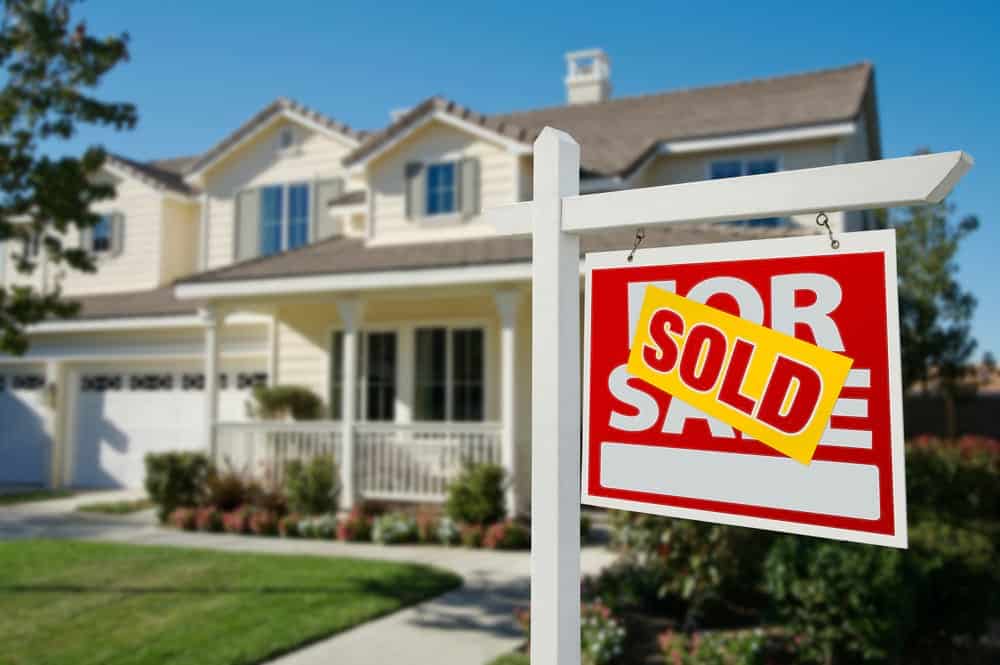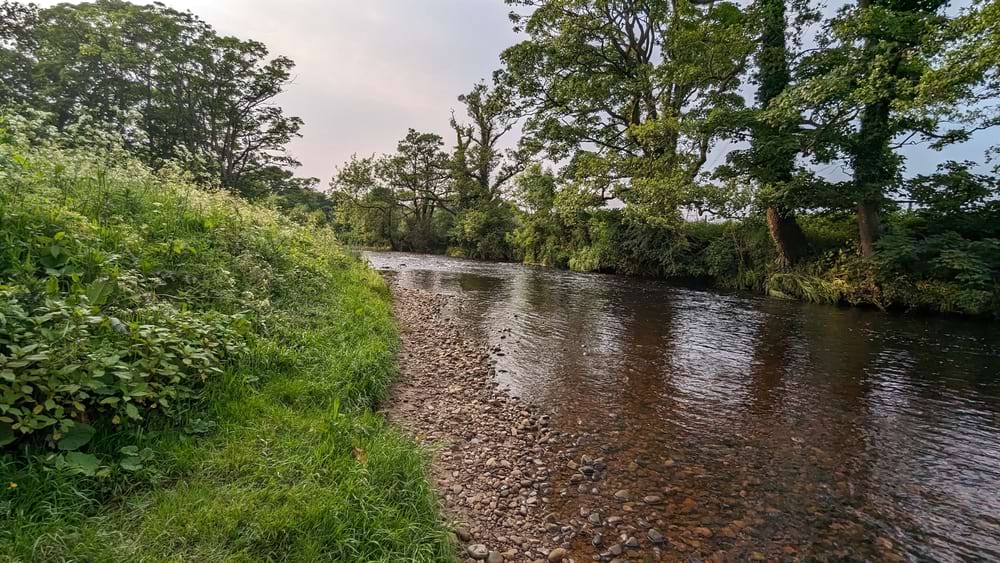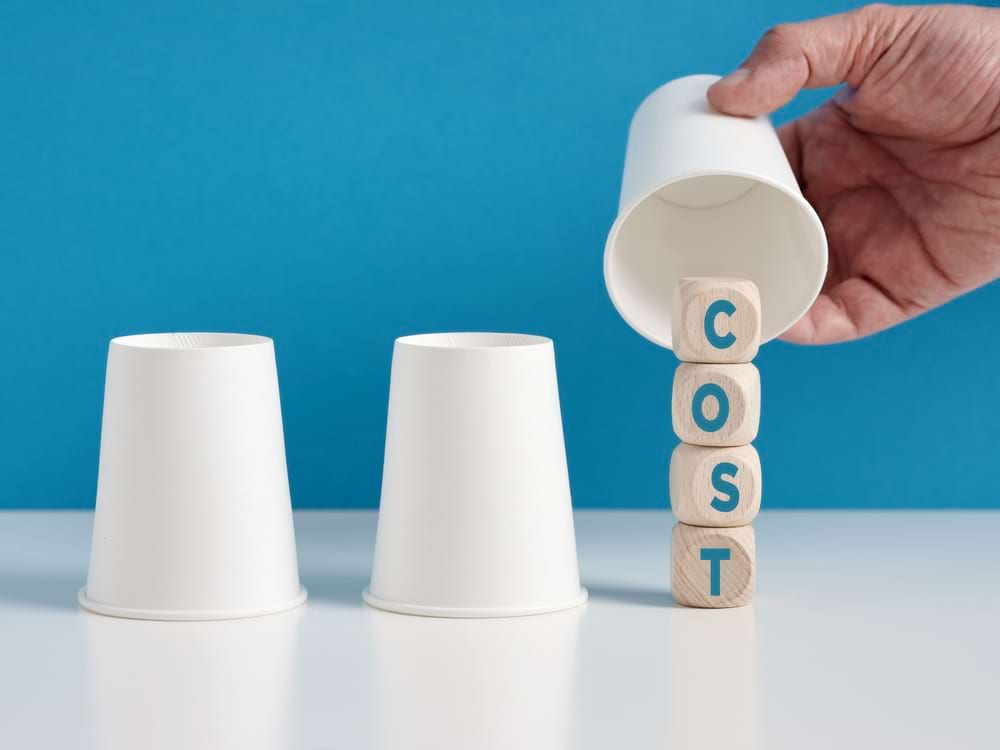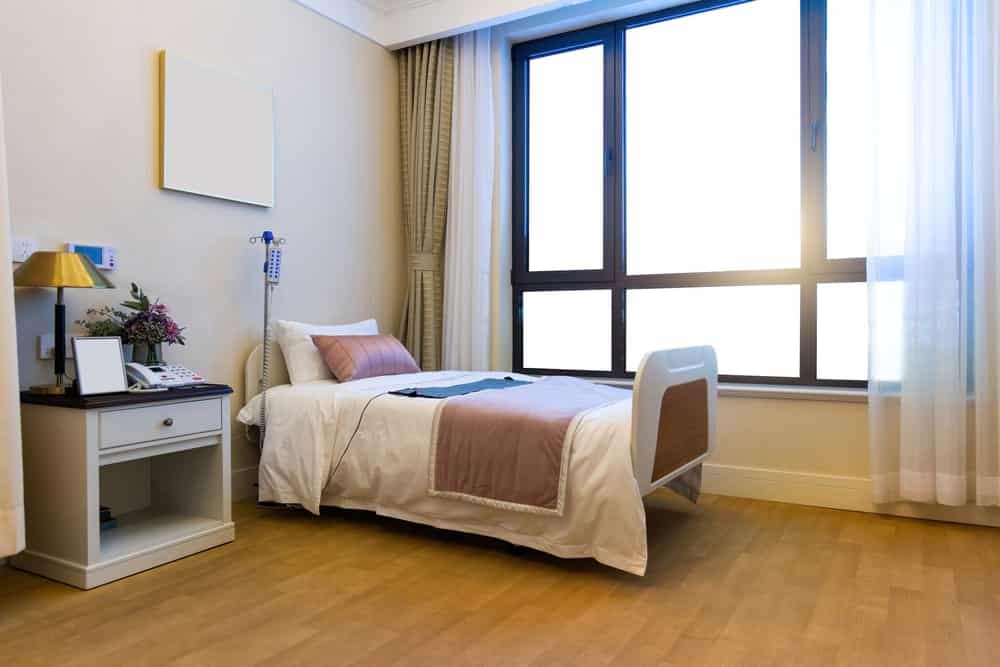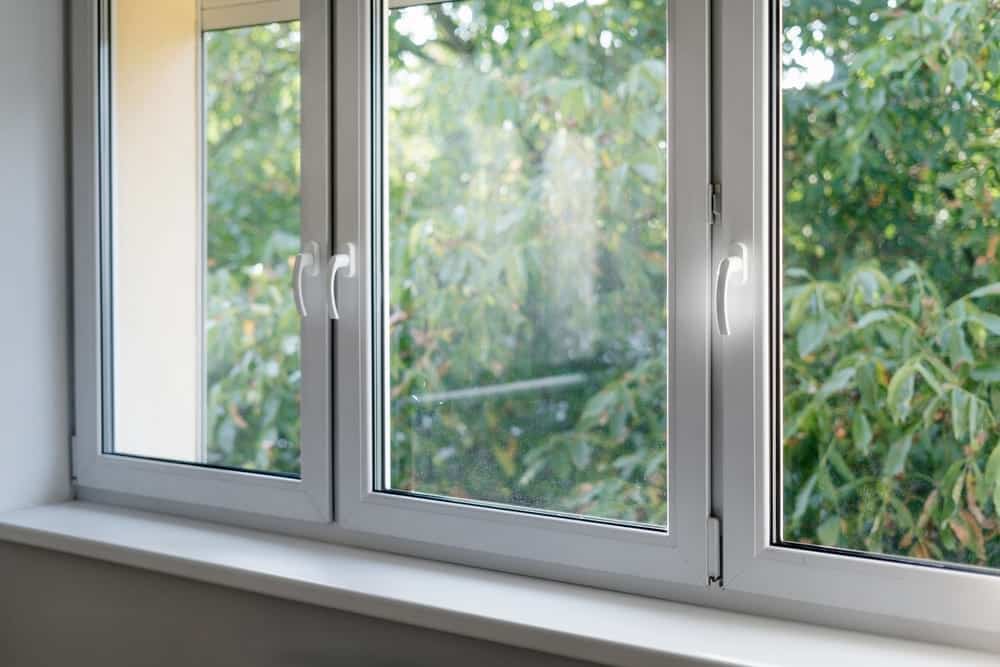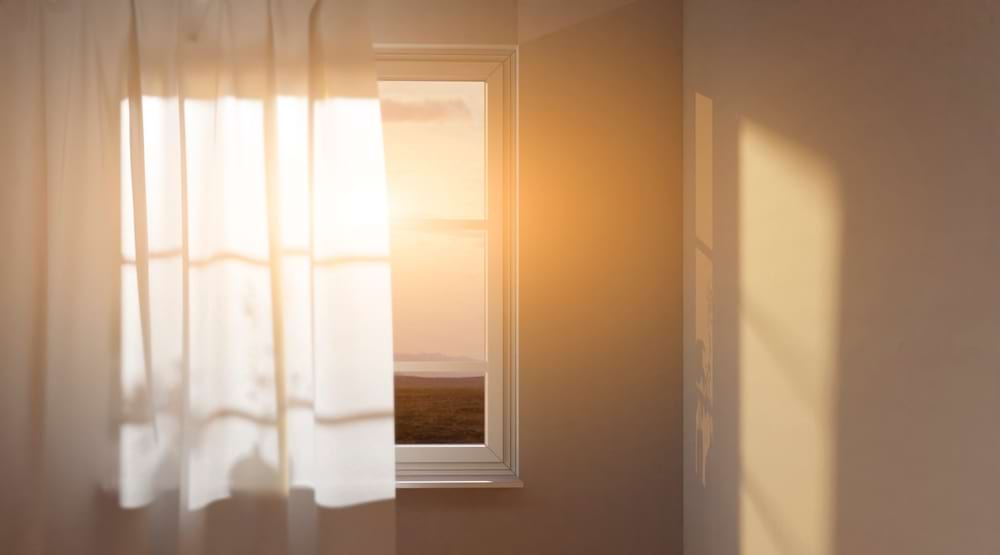The costs of buying a house can be high.
Many people are aware of the main costs (solicitors’ fees and estate, agent commission, removal costs).
But fewer are unaware of the hidden costs involved.
Read on to learn what they are and how they work.
1. Stamp Duty Land Tax (SDLT)
You need to pay Stamp Duty Land Tax in the United Kingdom if your property is worth more than £125,000.
There are a few exceptions to this, which cause the rates to change. Examples include:
- First-time buyers
- Charities
- Local councils.
And more.
The stamp duty rates are available on the government website.
The increases if you own a second property. And rules and rates paid change with government legislation, so consult with an accountant or tax advisor if you feel uncertain.
2. Survey
You should complete a survey before buying a property.
This is essential because it gives you clarity on everything that’s wrong with it. You thus won’t get a nasty surprise in the future.
- An introductory survey (Level 1) costs approximately £600
- A level 2 survey may be priced at £1,000
- An in-depth Level 3 survey is roughly £1,500 on average.
Keep in mind that if your survey reveals faults with the house, you can use this as a negotiating chip with the seller.
3. Asbestos survey
And if your survey reveals that asbestos may be present, you must get an asbestos survey. A lender can occasionally require this.
A residential asbestos survey typically costs around £500 on average.
It could be more like £300 for smaller properties, or in the north of England. But for larger houses in the south-east of England, £700 is not uncommon.
4. Furniture and appliances
Most properties are not sold furnished.
If you don’t already have furniture or are upsizing and need more, buying additional pieces can quickly become very expensive.
Some of the most expensive items include:
- Dining tables
- Beds
- Sofas
- Televisions.
If these are already in the property when you view it, you might be able to negotiate with the seller to include them as part of the deal.
You don’t need to pay for all of these items up front. Many stores offer no-interest monthly payments.
A first-time buyer is expected to pay £5,000 on furniture. Meanwhile, for a three-bedroom house, approximately £15,000 is more typical.
5. Renovations and repairs once you move in
Once you move into the property, there’s no guarantee that it’s in excellent condition.
Renovation is a top priority for many people when they buy a house.
Any broken appliances will need to be repaired or replaced. A handyman can give you a personalised quote. A couple of hundred pounds per item is typical.
Renovating a small bathroom (or en suite) can cost around £6,000. This is a similar price for a small kitchen.
However, on the other end of the scale, renovating an entire house can cost over £100,000 for the most expensive projects.
6. Mortgage broker fee
You may find it beneficial to get support from a mortgage broker during your buying journey. Some of these professionals charge a fixed fee.
Others will get their commission from the lender. You should clarify this in advance to see if there’s a cost involved.
It’s common for a mortgage broker to charge a few hundred pounds.
There may also be a mortgage arrangement fee from the lender. This is likely to be several hundred pounds.
7. Insurance
It’s typically up to you whether you take out insurance when buying a house. You are rarely forced to do so.
But if you go down this road, the policies you’ll consider include:
- Homebuyer insurance
- Home Insurance
- Life Insurance
- Mortgage Protection Insurance.
Your monthly premium is unlikely to go above £50.
8. Moving costs
For a small one-bedroom flat, you can shift all your belongings on your own.
As long as you’ve got a friend to help with the bed and sofa, that’s often all you need.
For larger moves, though, a removal company could be required.
These experts may charge around £1,000. Exact costs depend on the length of the journey and the number of items being transported.
9. Parking fees
There’s no guarantee that parking will be available with the house you buy.
Sometimes, it isn’t included, meaning you need to pay for parking separately. This is especially common in large cities.
On average, a residential parking permit in the UK costs around £200. It varies based on your location.
